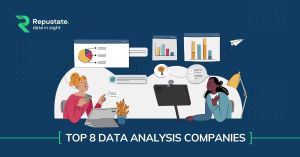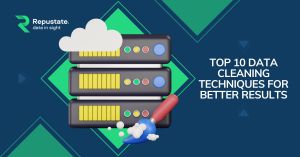Use Cases of NLP in Healthcare
Practical applications of NLP in Healthcare are leading to improved medical care and patient experience (PX). Natural language processing (NLP) touches every aspect of a patient’s journey of receiving care, right from diagnosis to recovery. Use cases of NLP in healthcare lay witness to how machine learning (ML) models provide insights for better efficiencies not only for improved PX within a hospital or clinic but also to government organizations, healthcare providers, and decision-makers who use the insights to improve medical care in entire regions.
NLP allows the ML engine to decipher the human language with all its complexities by organizing unstructured data and analyzing it for semantic similarities and context. It helps the engine to understand lexicons, grammatical syntaxes, and correlations between words and phrases so that it can remember them for future reference. This is how applications of NLP in healthcare help the medical industry understand patient voice and voice of the customer (VoC) data.
What are the Applications of NLP in Healthcare?
NLP enables structuring big data in such a way that it enables a machine algorithm to categorize information granularly and discover key themes and deduce characteristics of the entity. Using this capability, NLP applications in healthcare include extracting insights from open-ended patient surveys, patient voice data, patient notes, clinical research, medical histories, prescription histories, etcetera.
Below we enumerate the various applications of NLP in Healthcare.
-
NLP is vital in discovering insights from patient voice and patient experience so as to help healthcare providers and Health Ministries to improve their healthcare delivery systems.
-
NLP helps in the study and analysis of biomedical information and insights from Electronic Health Records (EHRs) that include details such as medication dosage levels, the correlation between patient age, lifestyle, and illness, plan of treatment, etc.
-
One of the other main use cases of NLP in healthcare is measuring employee satisfaction through analyzing voice of the employee (VoE) data so as to build a more positive employee experience.
-
NLP automates the entire manual process of collecting and understanding data, whether it’s medical histories or patient surveys. This increases operational efficiencies.
-
Another important aspect is when NLP helps extract vital information from open-ended patient and employee surveys, which don’t have ready lists to compare answers with.
-
NLP in healthcare helps in understanding issues that affect staff such as rest times, clinical hours, overnight duties, recreational facilities, etc.
-
It helps in Improved employee satisfaction by giving a better understanding of how workers feel about various aspects of their workplace culture.
-
Other applications of NLP in healthcare include enabling hospitals to develop better organizational and career roadmaps that drive purpose, achievement, and happiness.
Read more about the importance of Data Analytics in Healthcare
Use Cases of NLP in Healthcare
In this section, we discuss different real-life business use cases of NLP in healthcare, across different geographies and demographics.
1. American Association of Retired Persons (AARP)
Use cases of NLP in Healthcare include the US-based AARP’s (American Association of Retired Persons) project for designing a new diet program. The program was aimed towards people over the age of 50 for improved geriatric healthcare. In this context, it was studying people’s reactions to, and opinions about, different existing diet programs like Noom, and Weight Watchers, and apps like MyFitnessPal. They were conducting their research in the form of surveys and through Twitter. They soon realized that they needed an automated solution for applications of NLP in healthcare to accurately capture and understand the gathered data, especially survey responses.
Repustate helped AARP handle the complexity and scale of their data by creating a customized aspect-based sentiment analysis model that could read survey responses and Twitter data to analyze sentiment. It extracted aspects such as health, money, convenience, recipes, results, and motivation, and studied the most common words and phrases people used on Twitter by employing semantic techniques to find correlations between them. In this way, the engine utilized NLP in healthcare to discover several interesting insights that helped AARP create the ideal geriatric diet program suited to older people.
2. Nahdi Medical
Saudi Arabia-based Nahdi Medical manages and operates a nationwide network in the Middle Eastern kingdom of Saudi Arabia that covers 145 cities and villages. Along with a pharmacy chain, it provides medical care in radiology, oncology, cardiology, and pediatrics. Nahdi also provides video consultation to patients who are unable to visit a doctor. They needed a machine learning model that could analyze Arabic data natively so that they could leverage the feedback that they collect from employees and patients on a regular basis.
Applications of NLP in healthcare helped them find an error-free, accurate system that could analyze all the comments from patient voice data and surveys in Arabic. Since the machine model that Repustate developed for them read and analyzed the data natively, it did not dilute the nuances of the Arabic text. The automated Arabic sentiment analysis model understood Arabic and its dialects seamlessly and classified and categorized the valuable feedback thanks to a dedicated Arabic part-of-speech tagger, Arabic lemmatizer, and Arabic-specific sentiment models. The Arabic natural language processing (NLP) model identified topics and themes automatically for more granular sentiment analysis, leading to key business insights for Nahdi.
3. HealthLinks
Prominent among use cases of NLP in healthcare is the HealthLinks success story. HealthLinks is a healthcare consulting company based in Jeddah, that strategically collaborates with the Ministry of Health, Saudi Arabia, healthcare leaders, and stakeholders to improve the overall quality of healthcare in the Gulf region. Its strategic objective is to locate the invisible dysfunctions and gaps in care services and the phases of a patient’s journey through data-backed knowledge. Healthlinks needed to lean on applications of NLP in healthcare to analyze the 12 million surveys that it sent out annually for this purpose.
Repustate’s NLP solution helped HealthLinks handle this humongous data. The solution was able to find trends from historical data, all the while eliminating human errors thanks to automation powered by AI. By applying sentiment analysis to the data, the platform was able to also derive the polarity of how certain aspects of healthcare were faring compared to others. It helped the company measure performance across the Gulf region including far-fetched villages so they could help policy drivers improve the delivery of patient-centered care even to remote areas of the region.
4. Toronto General Hospital Review
NLP in healthcare helps extract and categorize vital insights from key aspects of medical data. Applying text analytics and sentiment analysis allows a hospital to extract and classify vital insights and sentiment regarding its different aspects. In this case, four reviews were taken and analyzed to understand public opinion on Canada’s Toronto General Hospital. Aspects included wait times, medical staff, ER, patient admissions, hospital administration, hygiene, and others.
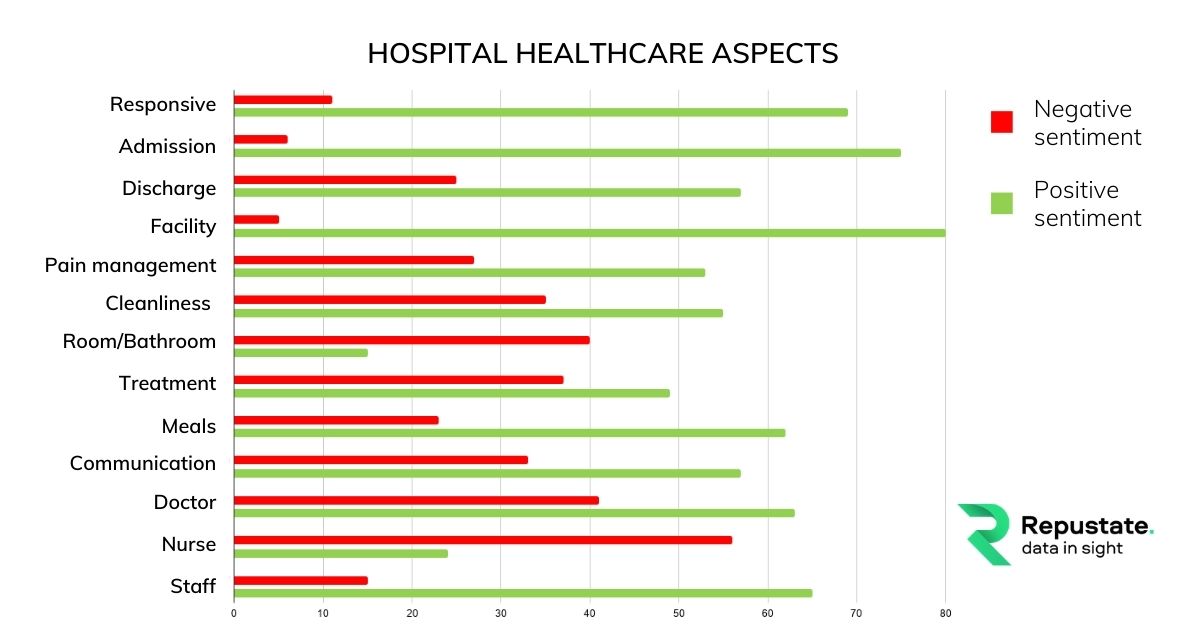
An interesting phenomenon that Repustate’s sentiment analysis engine for NLP applications in healthcare noticed was how the positive sentiment for staff was very high, but the positive sentiment for nurses was very low. This, in addition to the other data insights, showed that other hospital staff that included the admissions office, cleanliness staff, and doctors were held in good esteem, while people really did not like the nurses at the hospital. Use cases of NLP in Healthcare help organizations with these subtle nuances to make changes for improved business and patient care.
5. Critical Worker Satisfaction
Applications of NLP in healthcare include understanding healthcare worker satisfaction. If the covid19 pandemic has shown us anything in this relation, it is how important essential workers are. Happy workers are necessary for good patient care. NLP helps healthcare organizations to analyze important elements in data that include remunerations, working hours, benefits, the quality of medical equipment, effective leadership, and staff morale. Measuring and monitoring job satisfaction changes usually begins with surveying staff on various topics relevant to job satisfaction and employee experience.
Repustate’s sentiment analysis engine uses NLP to understand medical and employee surveys to gauge inclusiveness, purpose, recognition, contentment, and personal engagement. For open-end responses, the model uses named entity recognition to identify topic clusters and thus easily discovers patterns and trends in the data to help the leadership focus on important areas that require special strategic focus to change and upgrade.
6. EHR & Doctor Notes
The client is a large US-based hospital that needed applications of NLP in healthcare to leverage doctor notes that were stored in the electronic health records (EHRs). They felt this would enable doctors to understand, compare and analyze different things like medications, dosage combinations, the effectiveness of the medications, primary physicians, lab results, medical imaging, and more. The CTO summed up their challenge saying, “There’s so much data buried in these records, I wish I could get it out. I wish I could ask questions like “What was the result of prescribing a particular drug at various dosage levels?” And that’s just one example, I have so many.”
Showcasing one of the important use cases of NLP in Healthcare, Repustate’s NLP model was able to classify, organize and search all progress notes in their entire system at an organizational level. The engine sorted the information tagged and stored in each health record and ran reports to monitor the effectiveness of medications and/or dosage combinations. It allowed them multiple permutations and combinations of their data to get relevant information. All this without disrupting workflow and downtime.
Learn more about analyzing healthcare data.
Ending Notes
Healthcare providers are using NLP to capture and manage patient notes, electronic health records (EHRs), and patient feedback regarding waiting room experiences, post-surgery care, opinions, and feelings. All these are being analyzed through AI-powered machine learning models that use text from in-clinic questionnaires, post-appointment surveys, and feedback web forms to give healthcare providers all the answers they need. This helps them measure the quality of their care and formulate better policies for an improved patient experience. As industries move more and more towards automation and the use of AI for operational efficiency, it is the right time to learn, invest, and reap the benefits of this state-of-the-art technology.
 Home
Home
 Aug 14, 2021
Aug 14, 2021
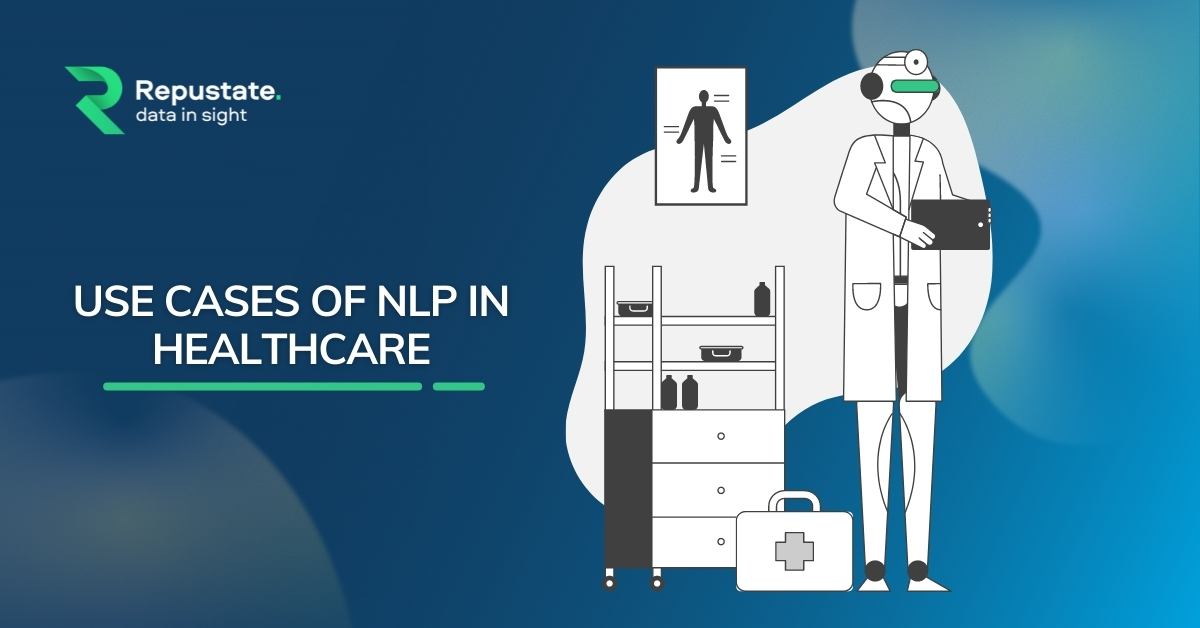
 Jeremy Wemple
Jeremy Wemple
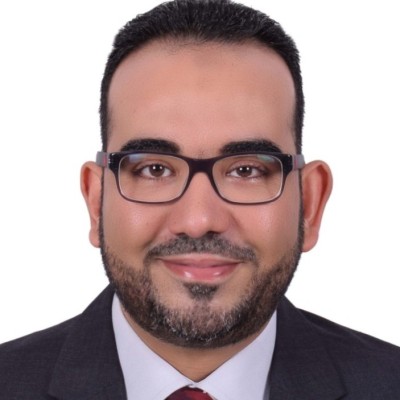 Dr. Ayman Abdelazem
Dr. Ayman Abdelazem
 Dr. Salah Alnajem, PhD
Dr. Salah Alnajem, PhD
 David Allen
David Allen
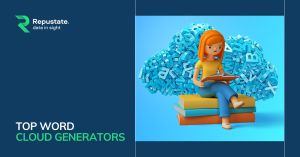
 Repustate Team
Repustate Team
